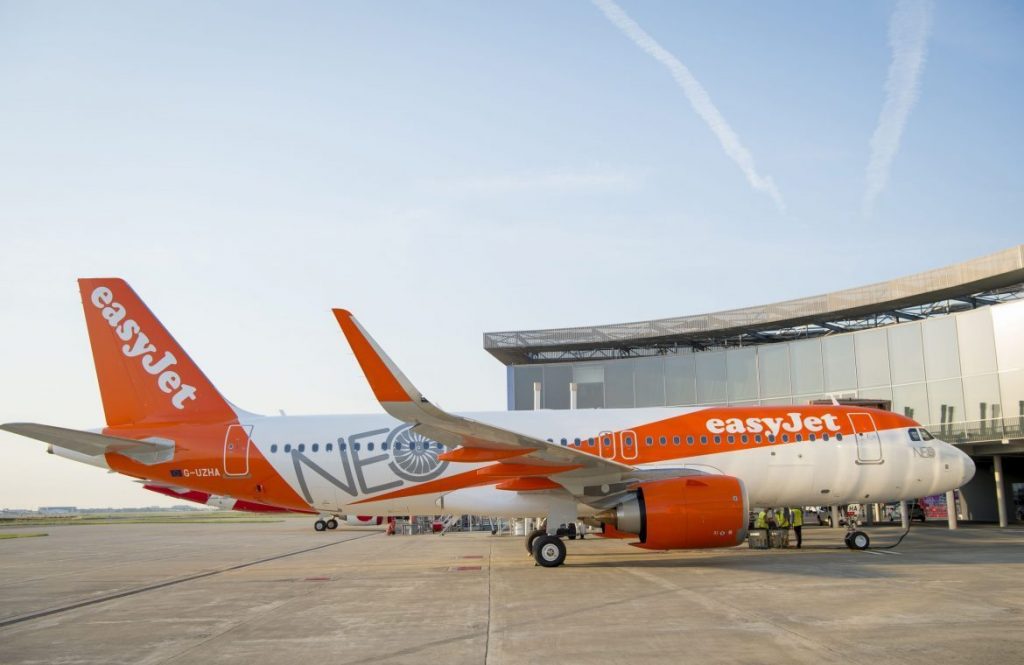
Air transport in Europe is in the midst of significant disruption as a growing number of countries implement UK flight bans, over fears of a new, mutated coronavirus strain.
It is currently believed that the United Kingdom is harbouring a new, more easily transmissible variant of the coronavirus that is spreading faster than previous strains.
As such, many countries are implementing temporary flight bans in the UK, to keep the new strain at bay.
The bans are likely to see the local aviation markets take another huge hit, following already subdued demand since the beginning of the COVID pandemic.
Under initial restrictions, which came into force on Monday, carriers faced a fairly mixed bag of conditions.
Italy and Germany both banned commercial flights from the United Kingdom, however cargo and medical flights were exempt from said bans. Romanian regulators also exempted air mail delivery flights.
However, Germany’s Deutsche Post said earlier it was halting all deliveries of parcels to Britain for the time being.
In Ireland, flights to and from Great Britain, excluding Northern Ireland, will be banned until 31 December, except for Irish residents and Irish-bound passengers who may have become stranded while transiting through British airports.
France, Latvia and Bulgaria banned all flights from Britain with no apparent exemptions, according to notices given to pilots. British authorities appeared surprised at the inclusion of freight in the bans from these countries.
Spain has suspended flights from the UK indefinitely from Tuesday, with those carrying Spanish citizens and residents excluded. Border controls with Gibraltar, the British colony on its southwestern coast, will also tighten.
Airlines operating in London Heathrow, meanwhile, were warned to ensure passengers do not become stranded in Britain and “can be appropriately routed to their final destination”.
The Netherlands, which has banned all flights from the UK until the new year, said in an industry bulletin that Dutch carriers and Britain’s easyJet would be able to repatriate aircraft and crew “in order to get these planes out of the United Kingdom”.
A little further afield, Hong Kong said it would ban all flights arriving from the United Kingdom, becoming the first country in Asia to make such a call.
Singapore later said it would implement a policy of no flights to or from the UK from 23 December, including those in transit. Returning Singapore citizens and permanent residents can enter after a PCR test but must isolate for 14 days.
In the Americas, Canada said on Sunday it would halt passenger flights from the UK indefinitely, while the governor of New York has said he intends to stop flights from the UK into the US state.
Eurocontrol director general Eamonn Brennan said there had been 900 daily flights between Britain and the 27 countries of the European Union between Monday and Saturday last week, before the bans were implemented
“We’ll see a significant impact on the network as a result of the new (coronavirus) variant in the UK,” Brennan on Twitter.
“The measures came in at extremely short notice,” an airline industry official told Reuters.
Shares in European airlines fell sharply, led by UK-based carriers easyJet, down almost 10 per cent, and British Airways owner IAG, down 9 per cent
As EU officials met to try to forge a co-ordinated response, airlines issued a fresh appeal to step up testing regimes in lieu of closed borders, flight bans, and quarantine requirements.
“Governments must co-operate to put mutually recognised testing capacity in place so that borders can remain open to the vast majority of healthy passengers,” the International Air Transport Association (IATA) said.
The IATA said the World Health Organization had adopted a mantra of “test, test and test again” and added: “We implore governments to act on this advice”.




